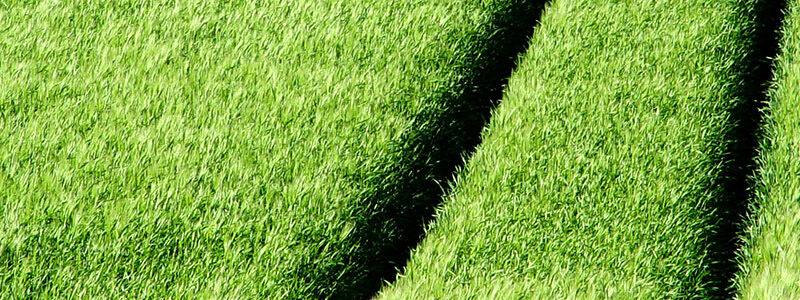When agriculture is plagued by drought or heavy rains, raw-material prices tend to skyrocket. Being prepared for rapid changes is critical – and the Swedish SCA is prepared.
In dry summers, farming is at the mercy of the weather. Drought has a detrimental effect on crops and may lead to a shortage of potatoes. This causes the price of potatoes and potato-based starch to rise.
“Fluctuation in raw-material prices is always to be expected. It’s part and parcel of agriculture,” explains Chemigate’s Business Director Tom Schauman.
The Chemigate business philosophy is based on flexibility, which enables rapid reaction to price changes and to fluctuations in the supply of raw materials.
“Raw materials account for about half of the cost of the end product. This is why our product selection should include as many raw materials as possible,” says Schauman.
Chemigate’s current product range includes tapioca, barley, wheat, corn and side stream starches in addition to potato starch.
Efficient products and considerable savings
When potato prices started to soar, Chemigate’s collaboration partner in this field, Swedish kraftliner manufacturer SCA Packaging Munksund, was able to make a rapid switch from potato starch to the more cost-efficient tapioca-based starch.
“We want to utilize efficient products in our production and be able to buy these at competitive prices. Having the option of replacing a raw material with a substitute is an important step toward reaching these goals,” says SCA Packaging Munksund’s Purchase and Logistics Manager Magnus Blomberg.
Any raw-material replacements are handled locally in cooperation with Chemigate.
“It’s extremely useful to have an agreement that enables us to use either raw materials,” Blomberg says.
Readiness for rapid substitutions
The actual replacement of the raw material is usually a hassle-free process, as long as all the necessary precautions have been taken in advance.
“When the factory has performed test runs on both raw materials in advance, the substitution doesn’t involve any risks. We then know that the substitute is suitable for use. The effects of the raw material’s replacement on production are already known,” explains Schauman.
“If the test runs hadn’t been carried out in advance, the replacement would have been out of the question. Now, all we need is for Chemigate to notify us about the replacement a couple of days in advance,” says Blomberg, clearly pleased with the process.
SCA
SCA is one of Sweden’s oldest sawmills.
The company’s history goes back to the 1860s.
The factory produces 365,000 tons of kraftliner, used as raw material for corrugated board, a year.
Trees for its raw material are harvested mainly from the forests of the Norrland region, where conditions favor slow tree growth.
Products: SCA White Top Kraftliner, SCA Kraftliner, and SCA Kraftliner WS

